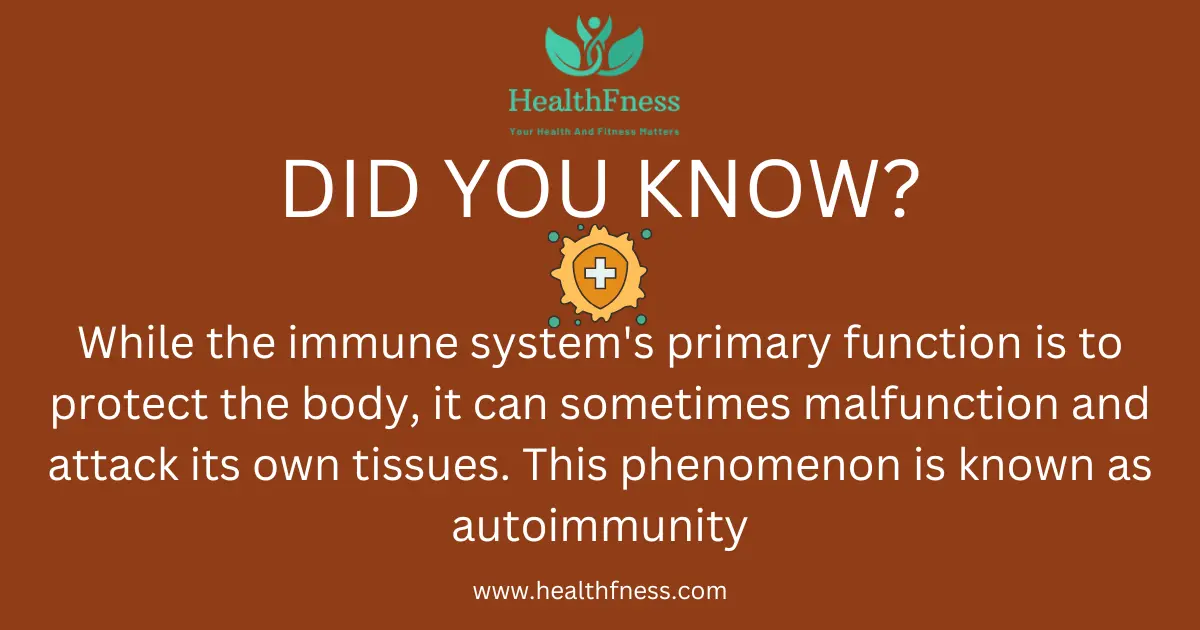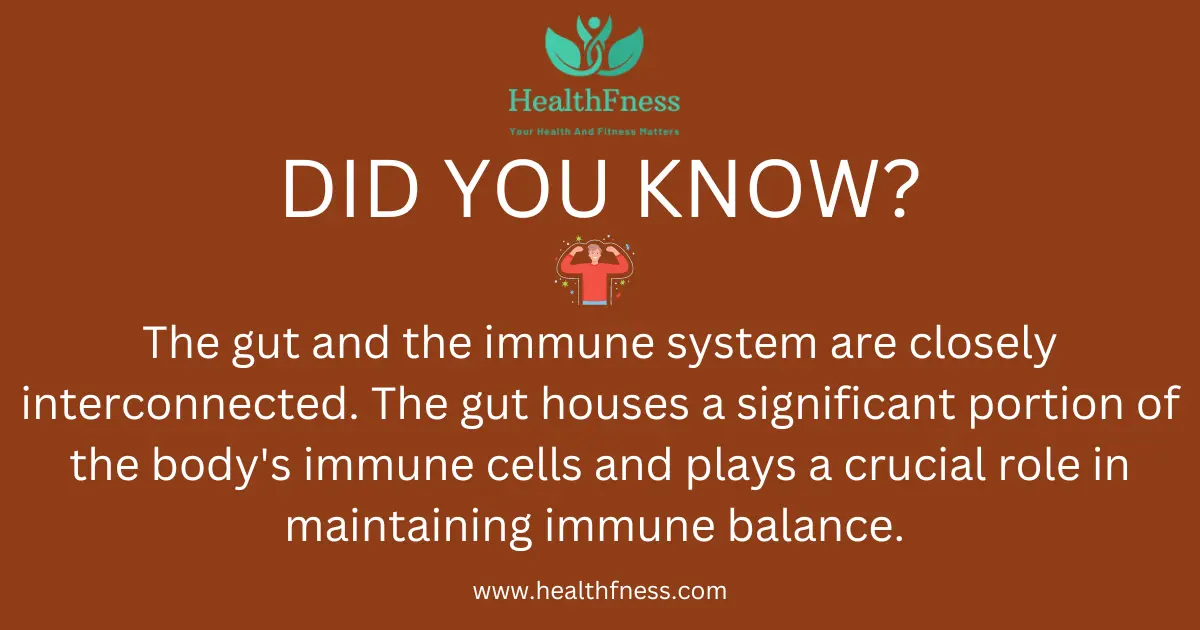Our body is shielded by our immune system from diseases like viruses and bacteria as well as other dangerous invaders. You may greatly boost your immune system’s efficiency and strengthen your defenses against infections by making a few small lifestyle adjustments. In this article, we will explore How To Boost Immune System? So Let’s Get started.
Understanding the Immune System
A network of cells, tissues, and organs that cooperate to recognize and get rid of invading substances called the immune system. This defense system is made up of white blood cells, antibodies, and other elements that work together in unison to keep you healthy.
A strong immune system is like a fortress, protecting you from the storms of illness
The Role of Nutrition in Immunity
Eating a Balanced Diet
A healthy diet lays the groundwork for a robust immune system. To provide your body with the vital nutrients it needs, make sure your meals contain a range of fruits, vegetables, lean meats, whole grains, and healthy fats.
You May Also Like To Read: Exocrine System: A Detailed Healthy Overview 2023
Incorporating Immune-Boosting Foods
Some foods provide a significant immune system boost. To help fight oxidative stress and inflammation, include foods high in antioxidants, such as berries, citrus fruits, and leafy greens.
Nourish your body, strengthen your immunity; it’s the shield that keeps you standing tall.
How To Boost Immune System?
Maintaining a strong immune system is essential for our general health and well-being in today’s fast-paced society. It’s critical to take proactive measures to strengthen our immune systems and improve our bodies’ natural defense mechanisms because a variety of things put our bodies under constant stress.
You May Also Like To Read: Flu Fighters: The CVS Flu Shot Guide
13 Superfoods to Naturally Boost Your Immune System
Citrus Fruits
Citrus fruits with a high vitamin C content include oranges, grapefruits, lemons, and limes. By encouraging the development of white blood cells, which aid in the defense against infections and diseases (which is the main job of the immune system), vitamin C, a strong antioxidant, boosts immunological function and make you stronger. Additionally, vitamin C promotes the synthesis of collagen, which helps to maintain healthy skin and promotes tissue growth so you look younger than your age.
Berries
Antioxidants, especially vitamin C and anthocyanins, are abundant in berries including strawberries, blueberries, and raspberries. By enhancing immune responses and lowering the risk of chronic diseases (chronic diseases are the type of disease that extend for a long period of time), these substances aid in cell protection against oxidative stress and inflammation.
Garlic
Allicin, a sulfur component with antibacterial effects, is found in garlic. The ability of white blood cells to combat infections is supported and stimulated by allicin, which has been demonstrated to improve immunological function. Garlic may also lessen the intensity of cold and flu symptoms when consumed regularly.
Ginger
Ginger is a powerful antioxidant and anti-inflammatory in nature. Improved immunological responses and reduced inflammation have been attributed to its bioactive components, notably gingerol. Additionally, ginger may improve digestion and lessen motion sickness, promoting general health.
You May Also Like To Read: Why Natural Remedies Are the Real Deal: Goodbye to Chemical Medications
Turmeric
The primary component of turmeric, curcumin, has potent anti-inflammatory and antioxidant properties. These characteristics help maintain a healthy immune system and aid in the treatment of long-term illnesses including arthritis and heart disease.
Spinach
Beta-carotene, antioxidants, and vitamins A and C are all abundant in spinach. Together, these nutrients build immune cells, improve immunological responses, and shield them from deterioration.

Broccoli
The cruciferous vegetable broccoli is a good source of fiber, antioxidants, and vitamins C, A, and E. Sulforaphane, a substance included in broccoli, has been investigated for its ability to boost immune function and offer cancer protection.
Almonds
Protein, vitamin E, and good fats are all found in almonds. By shielding cells from oxidative stress and aiding the body’s defense against infections, vitamin E is an antioxidant that supports immunological function.
Yogurt
Probiotics, which are helpful microorganisms that support a balanced gut microbiome, are found in yogurt. Because the gut microbiota is so important for immunological responses and general health, it is strongly tied to having a strong immune system.
Green Tea
Catechins, strong antioxidants found in green tea, have been demonstrated to improve immune system performance. These substances might assist in controlling immune responses and offering protection from specific illnesses.

Kiwi
More vitamin C is present in kiwi than in many other fruits, making it a powerhouse source of this vital mineral. While other nutrients like vitamin K and potassium serve to promote overall health, vitamin C promotes immune cells and aids in maintaining good skin.
Poultry
Lean protein and B vitamins, such as B6 and B12, are both abundant in chicken and turkey. These vitamins are necessary for the development and operation of immune cells, which aid in the body’s ability to efficiently fight illnesses.
Fish
Salmon, mackerel, and trout are examples of fatty fish that are high in omega-3 fatty acids. By lowering chronic inflammation and bolstering the body’s defenses, omega-3 fatty acids offer anti-inflammatory properties that can improve immunological function.
FAQS
What foods boost immune system?
The following meals have a reputation for enhancing the immune system:
Citrus Fruits: Vitamin C, a potent antioxidant that supports immune function, is abundant in citrus fruits including oranges, grapefruits, lemons, and limes.
Berries: Fruits like strawberries, blueberries, and raspberries are rich in antioxidants and vitamins that support immune function and cell protection.
What is signs of a weak immune system?
A compromised immune system can show up as a variety of symptoms, which show that the body's defences are not working as well as they should. People with compromised immune systems are more likely to suffer from repeated infections, such as frequent colds, the flu, and other diseases. Another sign is a slower rate of wound healing, as the immune system is crucial in restoring injured tissue.
Conclusion
Your body’s first line of defense against infections is a robust immune system. You may greatly improve your immune system’s capacity to defend yourself by implementing minor but major adjustments to your lifestyle. Every action you do, from eating a balanced diet to controlling your stress and getting enough sleep, affects your general well-being.
Video Credits:

